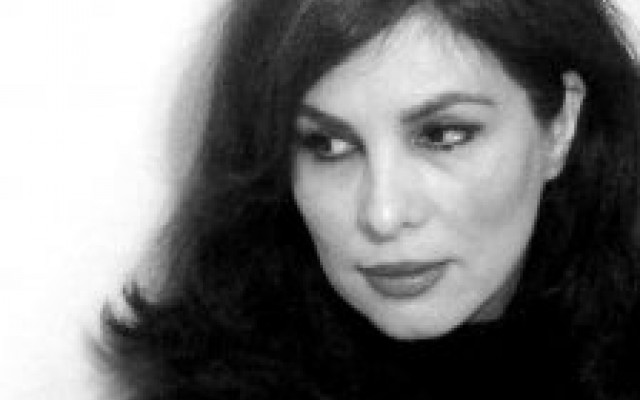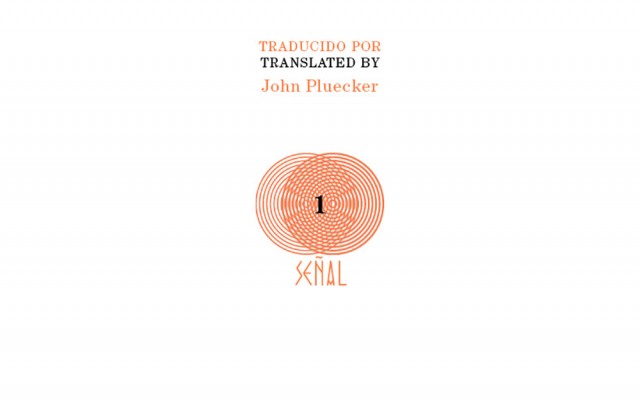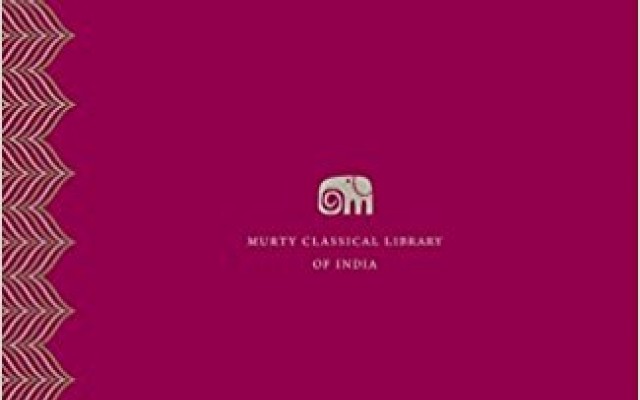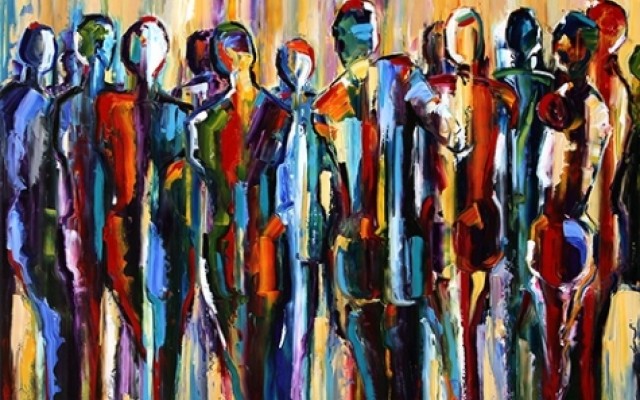Maureen Freely Visits Iowa
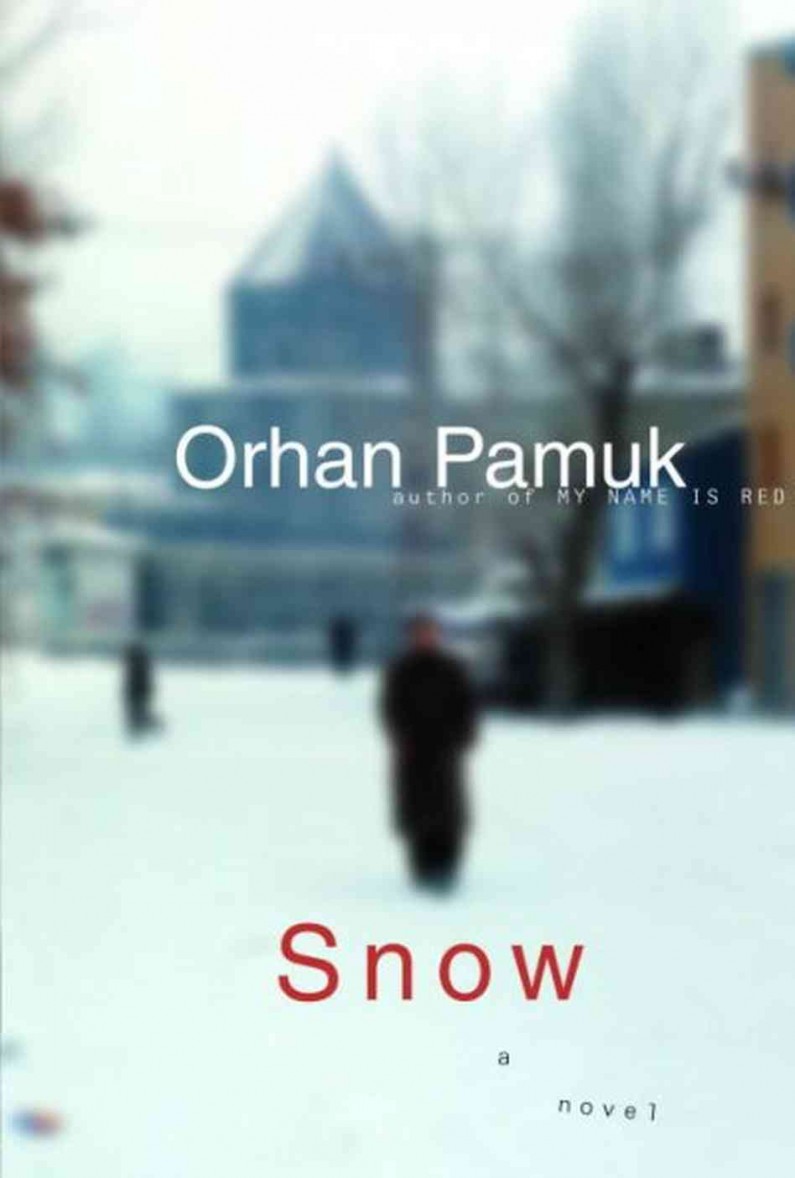
As translators—and indeed, writers—don’t we all wish we had had the opportunity to move to Turkey as children in the 1960s? This was the great luck of Maureen Freely, an Ida Beam Visiting Professor for Fall 2014 at the University of Iowa, who was transplanted from her native New Jersey when her father accepted a teaching position at an elite high school in Istanbul. Within a few short months, we too might have learned Turkish (and Greek, as it turned out for Freely, who summered in nearby Greece each year, why not), experienced expatriate life in an Istanbul still upended by the 1960 military coup, and rubbed elbows with American schoolmates whose parents would turn out to be CIA agents, all while Soviet ships sailed watchfully along the Bosporus outside our window. What rich material! During this time, student and labor-led left-wing militant groups faced off against Islamist nationalist movements, both sides bombing and kidnapping while the state disintegrated, too preoccupied with its internal power struggles to exercise any kind of diplomacy, but still doling out extrajudicial death sentences to its real or perceived opponents. Freely saw it all.
As a novelist, however, Freely is not interested in what actually happened. At her September 23rd reading at Iowa City’s Prairie Lights, where she read excerpts from her two most recent novels, Enlightenment and Sailing through Byzantium, she explained that she’s much more interested in exploring the forces behind Turkey’s political upheaval, the conditions that made violence possible, and why the emotional damage was so irrevocable for those who lived through it. In Sailing through Byzantium, for example, the main character Mimi is drawn into a world of paranoia and political intrigue just as the Cold War comes to a head in 1962. In Enlightenment, we follow the travails of a group of American and affluent Turkish students accused of brutally murdering a university tutor amidst political circumstances beyond their understanding. The shadowy state remains a theme throughout. During her visit to Iowa, on more than one occasion Freely referred to the very real Turkish “Deep State,” a nebulous coalition of intelligence, military and government players who operate beyond the confines—and oversight—of the democratic state, working to impose a nationalist agenda.
It was this entity, among others, that ensured her life as a translator would be no freer of political turmoil than the settings of her novels. After all, translation itself is an inherently political act. In Turkey, Freely says, translation is “a process that takes Turkish out of the hands of those who police the language.” Since language is notoriously used as an instrument of control and propaganda the world over, translation becomes an affront to power, one the state perceives to be all the more threatening because of its inability to reach its architects—in this case, Freely. Or at least they can’t always be reached through conventional means of arrest, bureaucratic hindrance, or assassination. But that is not to say the Deep State, or whomever it may concern, doesn’t have other tricks up its sleeve.
When Turkish novelist Orhan Pamuk first approached Freely to translate his novel Snow, first published in Turkish in 2002, he promised it would take two months. She accepted, thinking this would allow her to lead a quiet life, tucked safely away in the UK, where she now lives. Instead, Pamuk’s depictions of Turkish politics and the act of translating them invited widespread opprobrium from Turkish nationalists, who proceeded to misquote Freely in interviews on such sensitive political issues as headscarves, verbally intimidate her, and accuse her of promoting a Western agenda through her translations of Pamuk’s work. Pamuk himself was forced into brief exile amidst death threats from ultra-nationalists, and was subsequently prosecuted for the intentionally vague crime of “insulting Turkishness.” Staunch promoter of human rights that she is, Freely could not keep silent in the face of this, and all but resigned her quiet countryside life for activism.
Luckily, more than a few upsides came of all of this. Most notably that Freely’s translations were instrumental in Pamuk’s 2006 Nobel Prize in Literature, which cemented her international reputation as a translator. Her knowledge and experience with Turkish politics also inspired the substance of her own novels, and her support for freedom of expression and other human rights in Turkey no doubt helped her reach the Presidency of English PEN, a position she has held since March of this year.
Not that Pamuk made it easy for her (such are the perils of translating a living author, who also happens to be a childhood acquaintance with superlative English). With a chuckle, Freely says of Pamuk, “We were friends, and then we weren’t friends, and now we’re friends again. We’re that kind of friends.” Working translation sessions were battlefields over punctuation and conjugations, and when to compromise grammar in favor of essential Turkishness. These concerns preoccupy translators everywhere, and it is heartening to see that in spite of it all, or maybe because of it and Freely’s great care and perseverance, such important works have made their way so beautifully into English.
